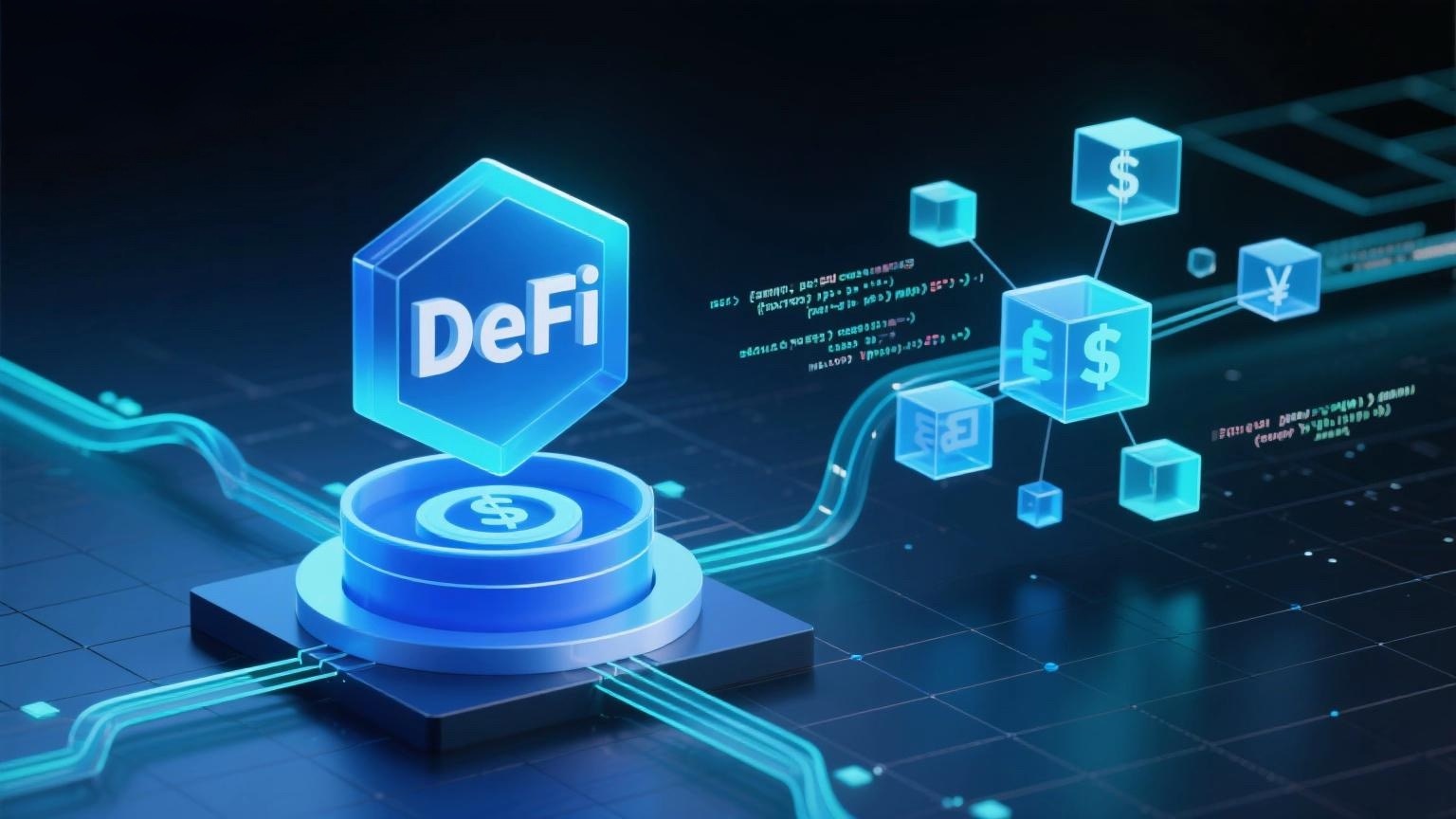
DeFi, short for decentralized finance, refers to a broad range of decentralized financial services. We've previously introduced the operational logic of various DeFi sectors, including decentralized lending, DEXs, aggregators, decentralized insurance, and more. The fundamental difference between DeFi and traditional finance lies in its completely decentralized and open network model, which does not rely on any centralized financial institution. This allows DeFi to overcome many of the flaws of the existing financial system.
Today, let’s summarize the actual impact DeFi has brought. In short, the influence of DeFi mainly lies in three aspects:
First, DeFi lowers the threshold for accessing financial services.
In traditional finance, enjoying financial services often requires meeting specific prerequisites. For example, to get a loan, you need good credit and collateral; to invest, you need sufficient capital reserves.
Under such conditions, many people are excluded from the financial service system due to a lack of qualifications—ironically, they are often the ones who need financial services the most.
DeFi, leveraging blockchain's technological features, is a financial network where everyone can freely participate. This characteristic eliminates the need for trust in prerequisites and ensures transaction safety without relying on third parties. Users can access all financial services based on their own will, without requiring approval from any institution.
Second, DeFi shortens financial processes and solves the "black box" problem.
In traditional finance, saving, borrowing, or trading usually involves a third-party financial institution. Transactions are not completed directly but are handled by intermediaries. These intermediaries act like black boxes—non-transparent systems that users cannot see inside. Users don’t know how their data is handled or whether their rights are being violated or data exploited for commercial purposes.
DeFi eliminates these intermediaries through blockchain technology, allowing peer-to-peer financial transactions. This reduces user costs significantly, and smart contracts—written in code—handle data processing, making transactions more transparent and trustworthy, thereby solving the black box issue.
Third, DeFi brings more possibilities.
Traditional finance has evolved to offer only limited products in areas like wealth management and insurance. In contrast, DeFi was born from a different path. Its transactions occur directly between users, who also have the right to provide feedback on product design. Like a new frontier, DeFi may give rise to more business models, more diversified products, and ultimately more innovation.
In summary, DeFi’s impact is multifaceted. Traditional finance and decentralized finance may coexist for a long time. However, DeFi is like an innovator in the old world—not aiming to overthrow it, but to bring more choices in a centralized world dominated by powerful institutions.
















